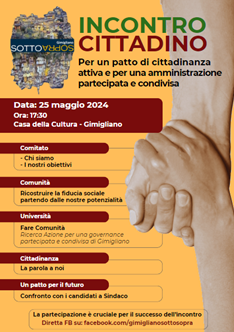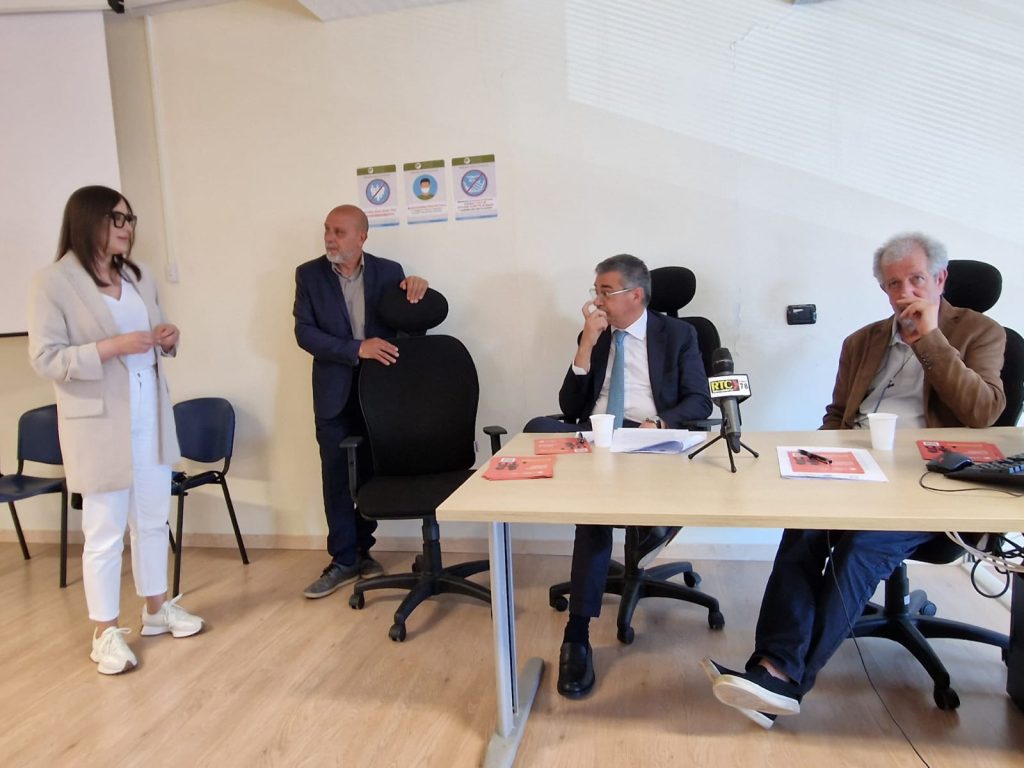[responsivevoice_button rate=”1″ pitch=”1.2″ volume=”0.8″ voice=”UK English Female” buttontext=”listen to this”]
by Tiziana Gatto*, Italian, exclusive for thediagonales
Is it a bold statement to say that Corporate Welfare can be a countercyclical leverage for the entire country system?
Let’s start with a modest proposal: consider the Covid-19 pandemic an example and an opportunity. It is a good example of what in the analysis of public policies is called a “focusing event”, a sudden and damaging event that forces public opinion and political decision-makers to put on the institutional agenda issues that otherwise would not have entered it. It is therefore also an opportunity to overcome institutional inertia and resistance to change, an opportunity for policy change.
Provided that this happens.

Health policy is obviously the first to be called into question, together other fundamental themes for the system of social policies in Italy, with respect to which in these days have been named as the nerves of the “welfare state”: labour policies, income support policies, finally, so to speak, family policies.
Dealing with Corporate Welfare in such a framework could therefore seem a pure exercise in style on the part of new managerial cultures. It is evident, that it will be the Welfare of the State and the structural intervention measures of investment that will give stability to the social system.
The theme of work will also be a great test, a driving force for recovery and growth, an opportunity for individual and collective revival of the working class and the country system.
In this framework, therefore, it seems useful to ask questions and reflect on the function that the Corporate Welfare can play after the pandemic. If it can represent an important support for companies and workers or if it should be considered only a luxury, a minor, accessory issue and not of substance.

The answer will be important over all for the whole country system.
Andrea Canonico, Aon’s Head of Flexible Benefits & Network, answers to We-Welfare, a website dedicated to integrative welfare, about the role of Corporate Welfare after the crisis in that way:
“Historically, welfare, especially corporate welfare, has always been a post-crisis accelerator, both for companies and employees, and we hope it will continue to be so in the aftermath of this emergency. In a market context where dominate the heterogeneity of the subjects, we hope that welfare initiatives to be no longer be just spot interventions or spread here and there, but that welfare can become a fixed component, an almost compulsory tool available to all employees of Italian companies. To this, I would add another broader consideration: in all new starts, social welfare, understood as public welfare, tends to disappear, since it is not able to satisfy all requests. For this reason, companies are given the burden, and honor, to support and sustain welfare. In the next two years, social welfare will not be able to keep up with all the inputs it receives. It is therefore desirable to give strength to corporate welfare, so that it can support the purchasing power of individuals and families“.
Corporate Welfare can therefore play an important role of recovery, an anti-cyclical lever, provided that it is thought of from a systemic point of view of interventions and provided that its profile is redesigned.

The massive recourse to smart working tells us that it is not the same company welfare as the ordinary situation but a “crisis” welfare. A welfare, so, that can no longer rely only on the distribution of benefits but instead on the sharing of essential services to govern moments of gradual exit from the lockdown. Preventing and foreseeing possible futures.
Needs change and responses must be specific according to auditing processes.
We should not be shocked if in times of coronavirus what you need to offer are leisure activities on demand, such as subscriptions to pay TV, interactive platforms, wellness and physical activity to do at home. But also services of psychological support or for economic – administrative practices, such as filling out fiscal forms or applying for funding and social security.
The link with the territory must be maintained, strengthened, with a view to the development of territorial and community welfare, but it also needs post-crisis redefinitions. The “proximity welfare” must be rethought in terms of offering more on-demand and online services, since many commercial and service activities are closed due to the lockdown.
In this reconsideration, Emmanuele Massagli of Aiwa writes:
“More space can be gained from health care solutions… providing specific insurance for the possibility of contagion, measures: e.g. for the care of children (in addition to the payment of babysitting services, why not include solutions at a distance in the integration of measures cultural and recreational?), or to the reimbursement of expenses incurred for the care of the elderly and dependent persons, LTC policies and multi-service vouchers useful for the purchase of basic necessities in distribution activities opened yet”.
And again with respect to smart working he writes: “Even more challenging, if possible, is the condition of the many forced smart workers who from one day to the next, without a company organization being ready and often with inadequate equipment, found themselves having to guarantee their service in a condition that was far from obvious in terms of stress and conciliation (proving that the work-life balance is much more than “staying at home“).
I confirm, on a professional and personal level. And I add: technological and cultural instrumentation. In fact, smart working is a conciliation tool that involves the flexibility of working hours and workspaces that must be previously accompanied by special training for management for the cultural change that it brings with it, both workers and female workers must acquire not only digital skills but also collaboration, integration and sharing of work content.

Illuminating and innovative is the closure of Massagli in his article, which I invite you to read:
“[I believe that] corporate welfare can be useful not only in order to keep a client a faithful customer and recognize of the commitment of individual workers (as usually happens), but also for the Country System, putting in addition to its consolidated social role also a new task, never investigated before: the service to the spread of selective economic policies, aimed at supporting the sectors most affected by the crisis. The State could then find in corporate welfare a powerful ally (financed by the private sector and not by the public budget) in order to encourage of holidays in Italy when the crisis ends (the proposals to return to the “holiday vouchers” already known in the past go in this direction), for the diffusion of more modern forms of health care with functions of monitoring viral diseases and for the technological literacy of workers. These are just a few examples, but it is good to realize that in the toolbox of companies there is already a valuable tool for the upswing of individual companies and also of our entire economy“.
It is therefore up to the integrated system of public, companies and territory to decide whether to transform this dramatic occasion into the leverage of a desirable policy change, leaving the style exercises to other occasions.

*Tiziana Gatto, Italian, Graduated in Educational Sciences with two specializations: Master for Managers of Social Enterprises and Master on Family Policy Management. Decades of experience in the management coordination of conciliation services, she has worked as a consultant at national level for the start-up of innovative services for children. Competent in the themes of Work-Life Balance, she has brought this commitment both in the field of Equal Opportunities planning and in the field of adult education, developing an increasingly integrated and systemic vision of Company Welfare, Well-Being and Welfare Community policies oriented to the development of both companies and the territory. Consultant for the company certification Family Audit.





